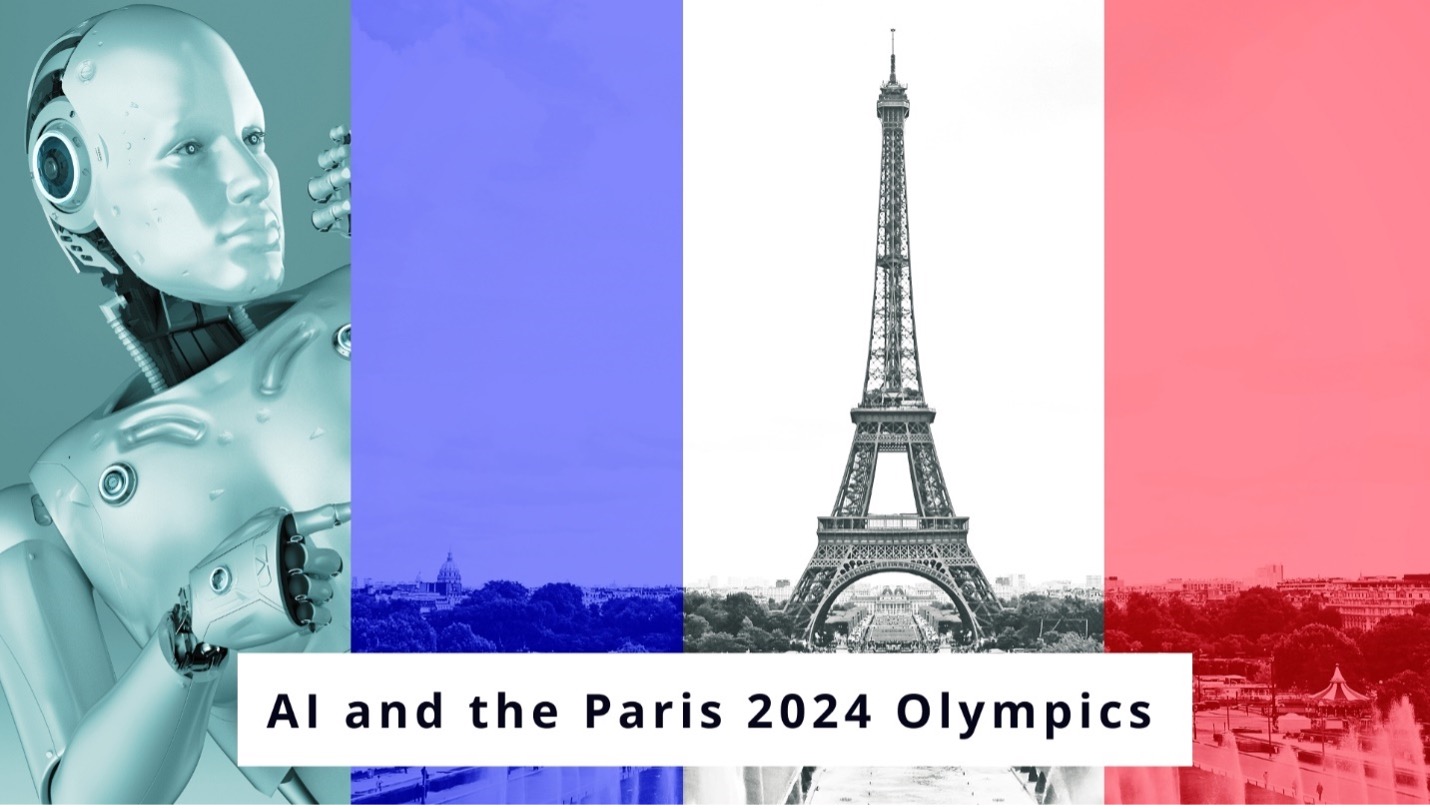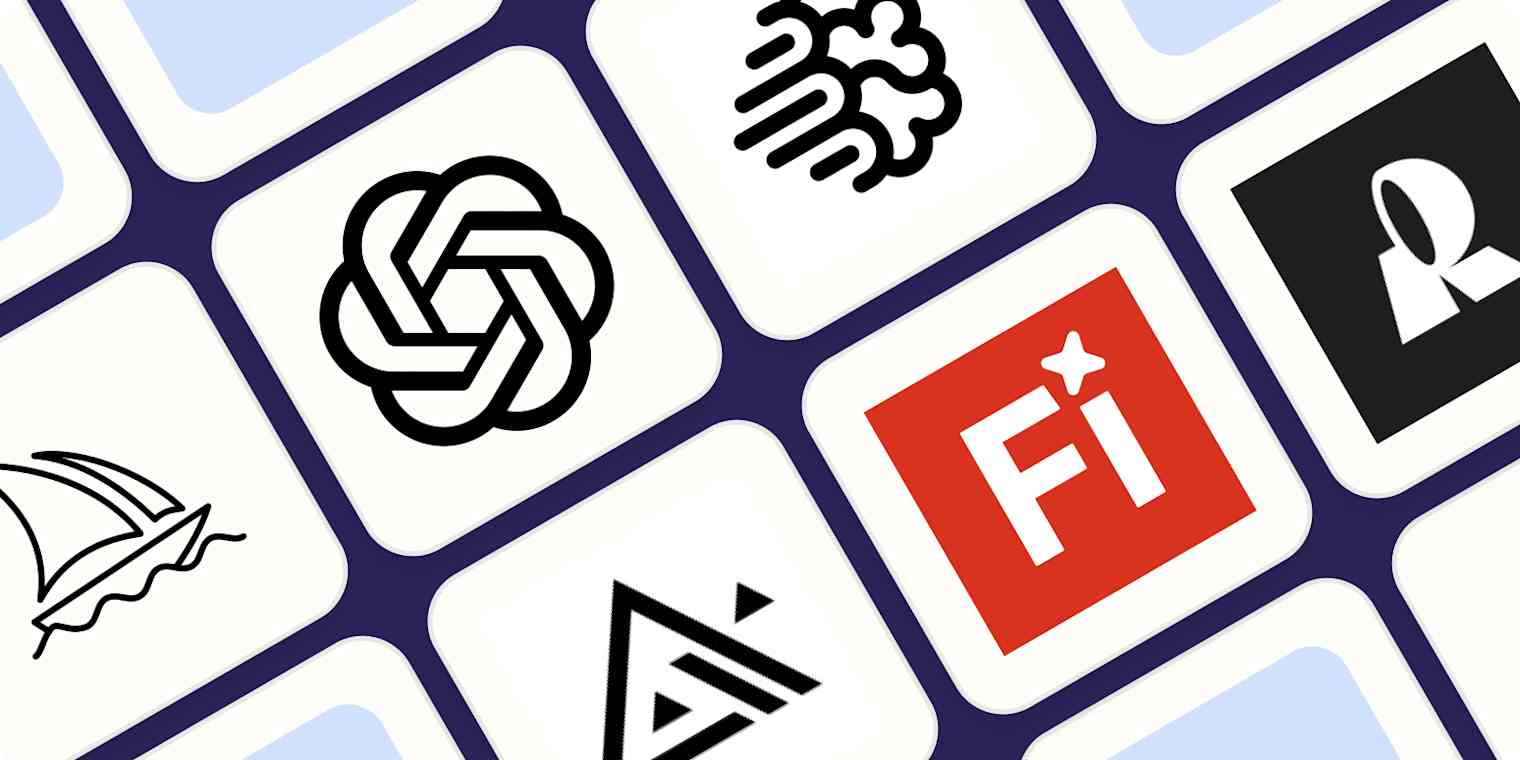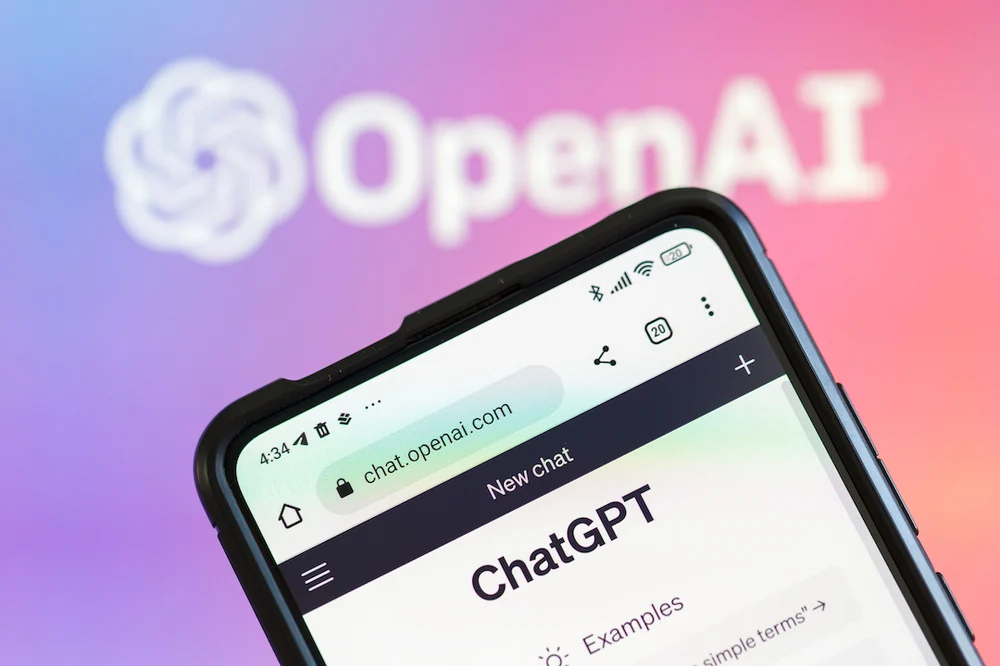How AI Transformed the 2024 Paris Olympics
The 2024 Paris Olympics marked a watershed moment for artificial intelligence in sports, as cutting-edge AI technologies were integrated throughout the Games, revolutionizing everything from athletic performance to viewer experience. Nine months after the closing ceremony, we look back at how AI shaped what many are calling the most technologically advanced Olympic Games in history.
Optimizing Athlete Performance
One of the most significant applications of AI at the Paris Olympics was in athletic training and performance optimization. Intel's 3D Athlete Tracking (3DAT) technology provided coaches and athletes with unprecedented biomechanical insights.
"The difference between gold and silver often comes down to milliseconds or millimeters," explains Fei-Fei Li, renowned computer vision expert and co-director of Stanford's Human-Centered AI Institute. "AI-powered analytics gave athletes the edge they needed by identifying subtle opportunities for improvement invisible to the human eye."
Key AI applications in athletic performance included:
- Personalized Training Regimens: AI systems analyzed individual athletes' performance data to create customized training programs that targeted specific areas for improvement.
- Equipment Optimization: Machine learning algorithms helped design custom gear tailored to athletes' unique physiology and movement patterns.
- Injury Prevention: Predictive analytics identified potential injury risks based on biomechanical data, allowing for preventative interventions.
- Nutrition Planning: AI-powered systems developed personalized nutrition plans optimized for each athlete's metabolism and performance requirements.
Enhancing the Viewer Experience
The Paris Olympics delivered an unprecedented viewing experience, with AI technologies transforming how global audiences engaged with the Games.
According to Bernard Marr, a leading AI influencer and CEO of Bernard Marr & Co., "The 2024 Olympics represented a quantum leap in sports broadcasting, with AI enabling personalization that would have been unimaginable just a few years ago."
Innovations in viewer experience included:
- Personalized Content Delivery: AI algorithms curated customized highlight reels based on viewers' preferences and nationality.
- Augmented Reality Overlays: Real-time statistics and informational overlays enhanced broadcasts, providing viewers with deeper insights into the competitions.
- Automated Translations: Natural language processing enabled real-time translation of commentary into multiple languages.
- AI-Generated Analysis: Computer vision systems provided instant analysis of athletic performances, identifying key moments and technical elements.
Officiating and Fair Play
AI also played a crucial role in officiating at the Paris Olympics, supporting human referees and judges to ensure fair competition.
"The integration of AI in officiating represented a delicate balance," notes Cassie Kozyrkov, former Chief Decision Scientist at Google. "The technology was designed to assist human officials, not replace them, creating a system that combined technological precision with human judgment."
Key applications in officiating included:
- Video Assistant Referee (VAR) Systems: Enhanced with computer vision to provide officials with more accurate information for decision-making.
- Timing and Measurement: AI-powered systems delivered unprecedented precision in timing races and measuring jumps, throws, and other performances.
- Anomaly Detection: Machine learning algorithms identified potential rule violations that might have escaped human notice.
Security and Operations
Behind the scenes, AI technologies ensured the smooth and safe operation of the Games, managing everything from crowd flow to security.
"The security challenges of an event like the Olympics are immense," explains Julia Jaekel, a prominent AI specialist and Non-Executive Director of Holtzbrinck Publishing Group. "AI systems provided security teams with enhanced situational awareness and predictive capabilities that were essential to maintaining safety throughout the Games."
Security and operational applications included:
- Crowd Management: Computer vision systems monitored crowd density and flow, helping prevent dangerous congestion.
- Threat Detection: AI-powered surveillance systems identified potential security threats in real-time.
- Transportation Optimization: Machine learning algorithms managed public transportation systems, adapting to changing demand patterns throughout the Games.
- Resource Allocation: AI systems optimized the deployment of staff and resources across Olympic venues.
Looking Ahead: The Legacy of Paris 2024
The successful implementation of AI technologies at the Paris Olympics has set a new standard for major sporting events. As we look toward the 2028 Los Angeles Olympics, many of the technologies pioneered in Paris will be refined and expanded.
"Paris 2024 will be remembered as the Olympics where AI came of age in sports," predicts Allie K. Miller, one of the most followed voices in AI business. "The technological foundation laid in Paris will enable even more remarkable innovations in Los Angeles and beyond."
For athletes, spectators, and organizers alike, the 2024 Paris Olympics demonstrated the transformative potential of artificial intelligence in sports, offering a glimpse of an increasingly AI-enhanced sporting future.


